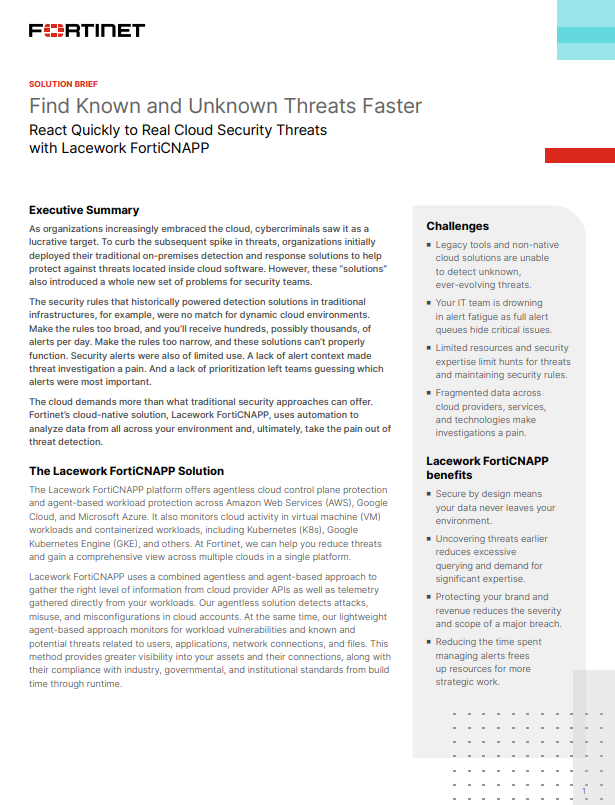Home Office widens interception law debate
Civil society campaigners will meet with Home Office officials next week to discuss a review into UK interception laws.


The Home Office has agreed to meet with civil society campaigners to discuss a review into UK interception laws.
Earlier this month, the Government called for a consultation over proposed changes to the Regulation of Investigatory Powers Act (RIPA), following pressure from the European Commission.
Brussels had called on the UK to change its laws after the controversial trialling of Phorm software, which tracked user behaviour.
The Open Rights Group slammed the way in which the Government handled the consultation, claiming there was little time to give responses with a deadline of 7 December.
Now the Government has extended the deadline to 17 December and agreed to meet with civil society representatives next week, including the Open Rights Group.
"This is a small but important victory ... It is vital that civil society is not 'locked out' of discussions like this, allowing industrial voices to determine the agenda alone," said Jim Killock, the Open Rights Group's executive director.
"We fought for several years to get these laws changed."
Get the ITPro daily newsletter
Sign up today and you will receive a free copy of our Future Focus 2025 report - the leading guidance on AI, cybersecurity and other IT challenges as per 700+ senior executives
The campaigning body has now called on people to share their views on the review of RIPA, which covers interception laws. The Open Rights Group will then take any pertinent concerns to Government officials.
Under the proposals, even unintentional interception of communications could be punished.
Tom Brewster is currently an associate editor at Forbes and an award-winning journalist who covers cyber security, surveillance, and privacy. Starting his career at ITPro as a staff writer and working up to a senior staff writer role, Tom has been covering the tech industry for more than ten years and is considered one of the leading journalists in his specialism.
He is a proud alum of the University of Sheffield where he secured an undergraduate degree in English Literature before undertaking a certification from General Assembly in web development.
-
 Neural interfaces promise to make all tech accessible – it’s not that simple
Neural interfaces promise to make all tech accessible – it’s not that simpleColumn Better consideration of ethics and practical implementation are needed if disabled people are to benefit from neural interfaces
By John Loeppky
-
 Solution Brief: Find Known and Unknown Threats Faster
Solution Brief: Find Known and Unknown Threats FasterDownload Now
By ITPro
-
 Starmer bets big on AI to unlock public sector savings
Starmer bets big on AI to unlock public sector savingsNews AI adoption could be a major boon for the UK and save taxpayers billions, according to prime minister Keir Starmer.
By George Fitzmaurice
-
 UK government targets ‘startup’ mindset in AI funding overhaul
UK government targets ‘startup’ mindset in AI funding overhaulNews Public sector AI funding will be overhauled in the UK in a bid to simplify processes and push more projects into development.
By George Fitzmaurice
-
 UK government signs up Anthropic to improve public services
UK government signs up Anthropic to improve public servicesNews The UK government has signed a memorandum of understanding with Anthropic to explore how the company's Claude AI assistant could be used to improve access to public services.
By Emma Woollacott
-
 The UK’s AI ambitions face one major hurdle – finding enough home-grown talent
The UK’s AI ambitions face one major hurdle – finding enough home-grown talentNews Research shows UK enterprises are struggling to fill AI roles, raising concerns over the country's ability to meet expectations in the global AI race.
By Emma Woollacott
-
 US government urged to overhaul outdated technology
US government urged to overhaul outdated technologyNews A review from the US Government Accountability Office (GAO) has found legacy technology and outdated IT systems are negatively impacting efficiency.
By George Fitzmaurice
-
 Government urged to improve tech procurement practices
Government urged to improve tech procurement practicesNews The National Audit Office highlighted wasted money and a lack of progress on major digital transformation programmes
By Emma Woollacott
-
 Government says new data bill will free up millions of hours of public sector time
Government says new data bill will free up millions of hours of public sector timeNews The UK government is proposing new data laws it says could free up millions of hours of police and NHS time every year and boost the UK economy by £10 billion.
By Emma Woollacott
-
 Online Safety Act slammed by rights groups as bill gains royal assent
Online Safety Act slammed by rights groups as bill gains royal assentNews The Online Safety Act has been described as a veiled attempt to secure access to encrypted messages
By Rory Bathgate